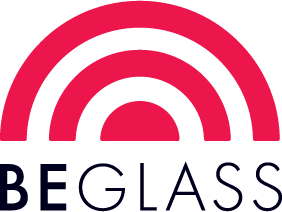Overview
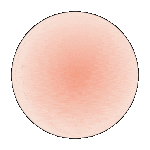
Striker
This style may not reveal (strike to) its target color until fired.
Reactive Potential
Contains: Lead (Pb)
May React With: Selenium (Se) / Sulfur (S)
Forms of Glass
Sheet Glass (-0030, -0050), Frit (-0001, -0002, -0003, -0008) and Billet (-0065)
Detailed Information
About 001823 Sheet Glass
Cold Characteristics
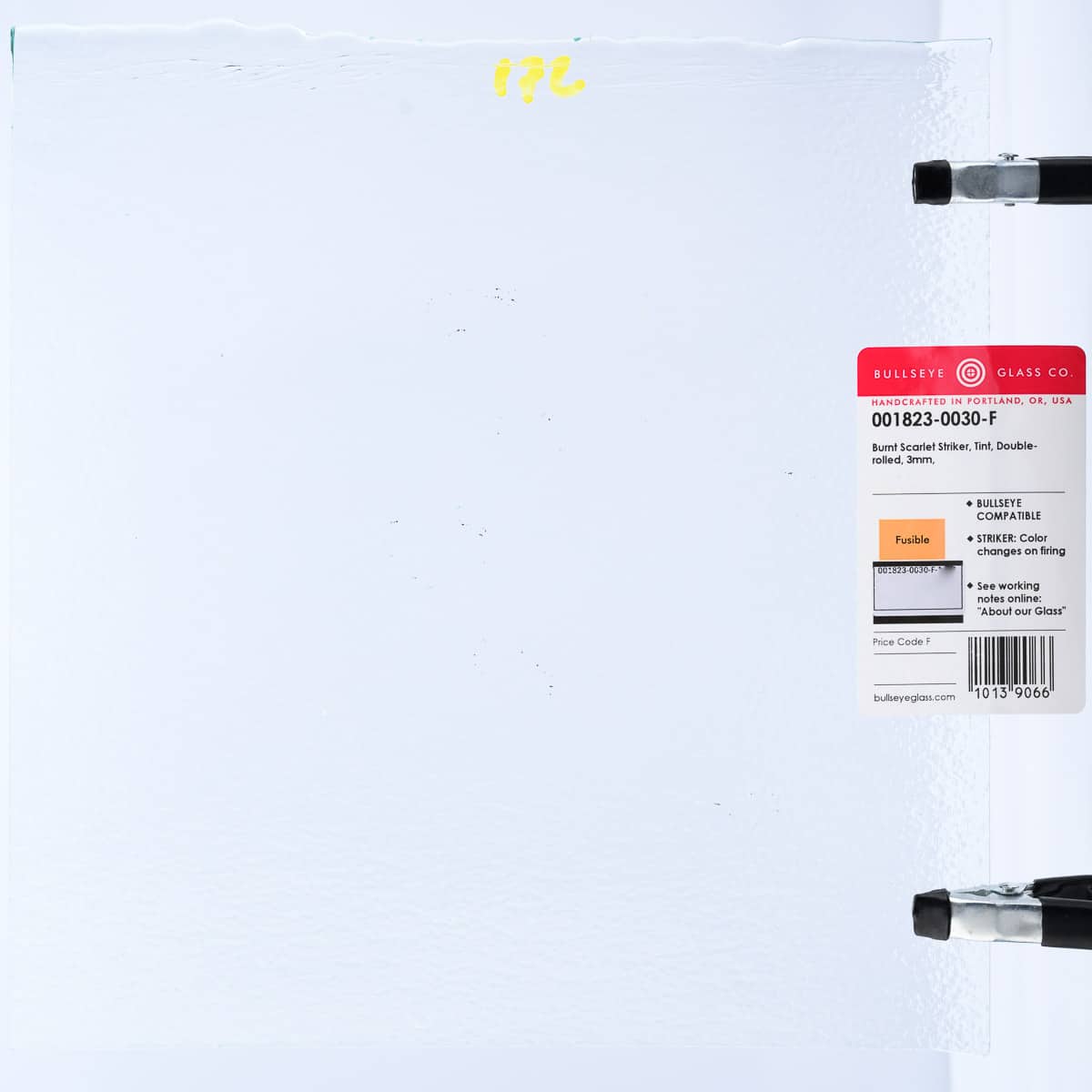
Appears almost clear with blue/green tints.
Working Notes
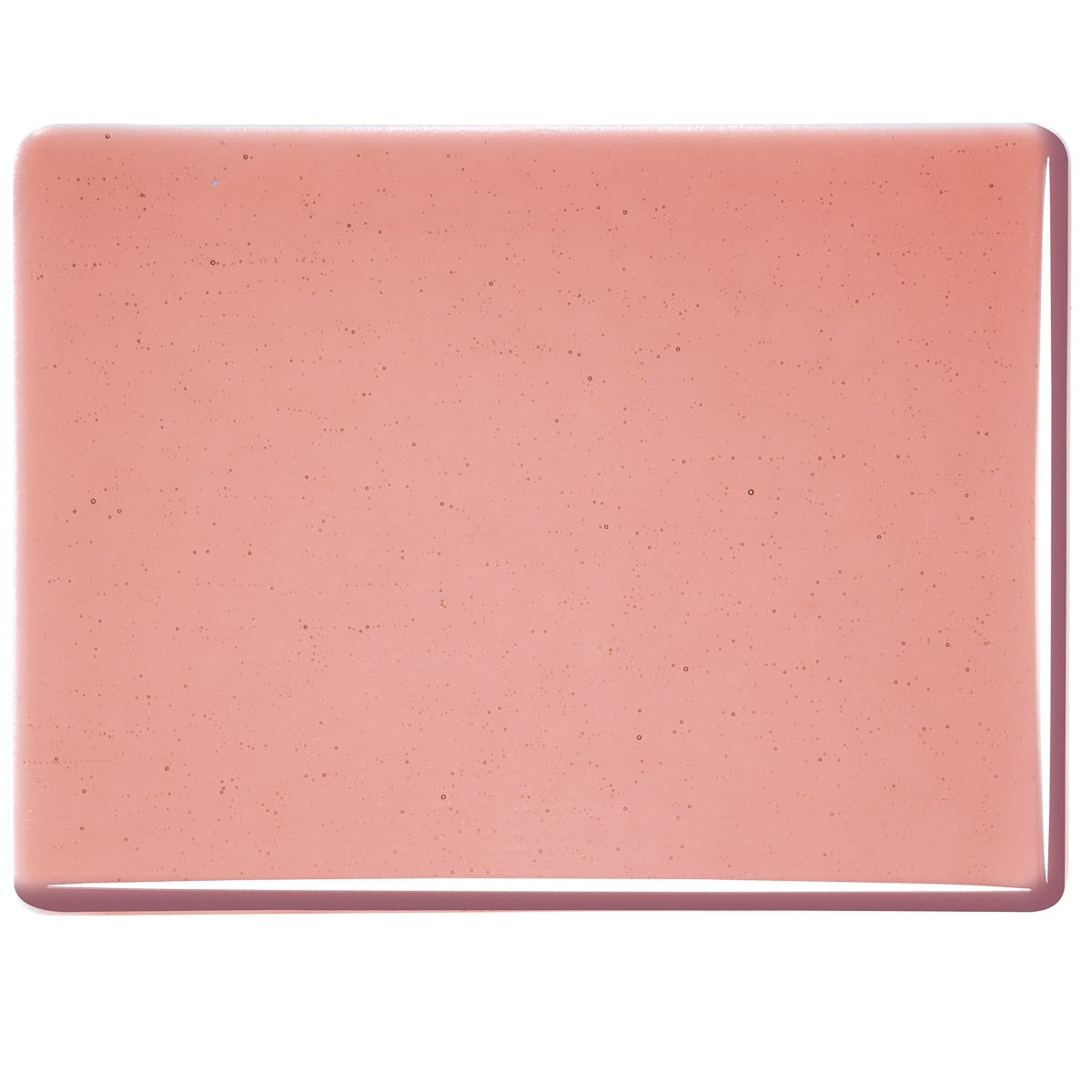
Color usually deepens on firing. Possible dark interface reaction with selenium and/or sulfur glasses (000137, 001122, 001125, 000124, 000125, 001137, 001437). Less viscous (softer) than most other glasses. Some gold-bearing striking glasses, like this one, should be fired with a 2 hour hold at 1225°F during the initial stages of the firing cycle. If fired without this hold, they may not strike at all, or they may strike but appear spotty and have a blue-brown cast, as opposed to the desired target color. This full-fuse schedule effectively strikes these glasses:
This full-fuse schedule effectively strikes these glasses:
| RATE | TEMPERATURE | HOLD TIME |
|---|---|---|
| * | 1225ºF | 2:00 |
| 600ºF | 1490 | 0:10 |
| 9999 | 900 | ** |
**Remainder of cycle depends on the thickness of the piece. Consult the Bullseye Annealing Chart. For color-sensitive projects, we recommend testing the cycle you plan to use by fusing a small sample of a similar setup in the same kiln as the project to best predict final color results.
See also: Quick Tip: Gold-Bearing Pink Tints
About 001823 Frit
Working Notes
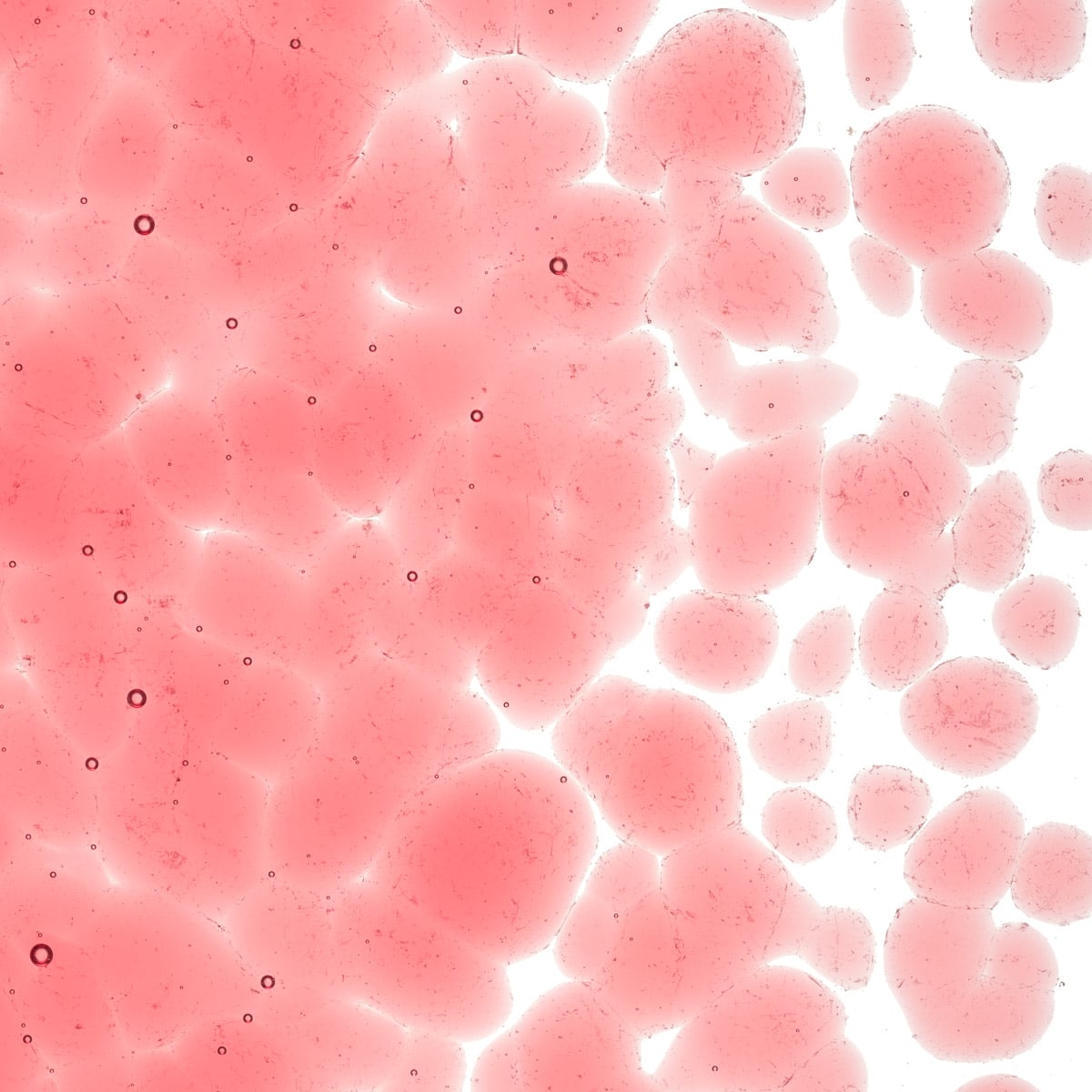
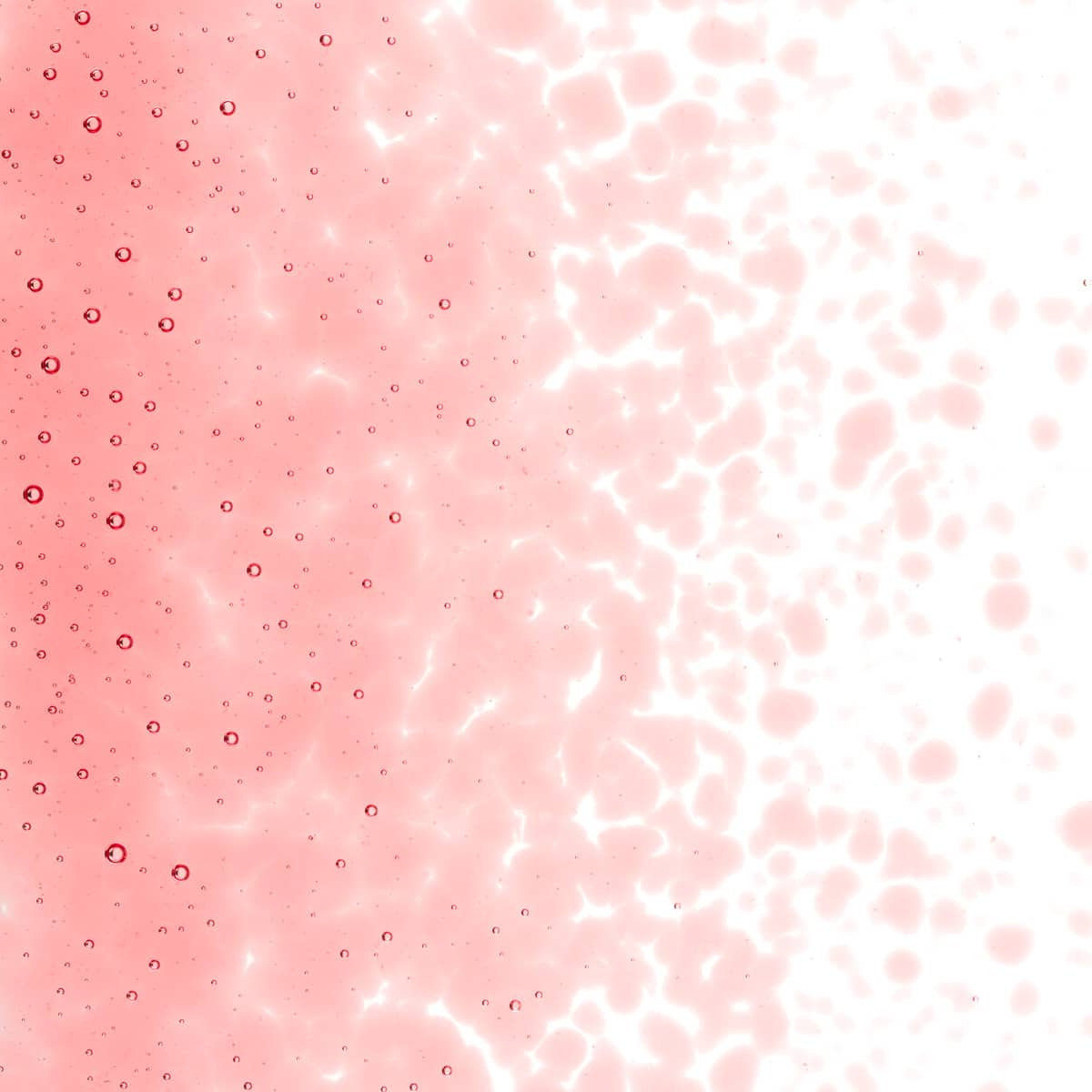
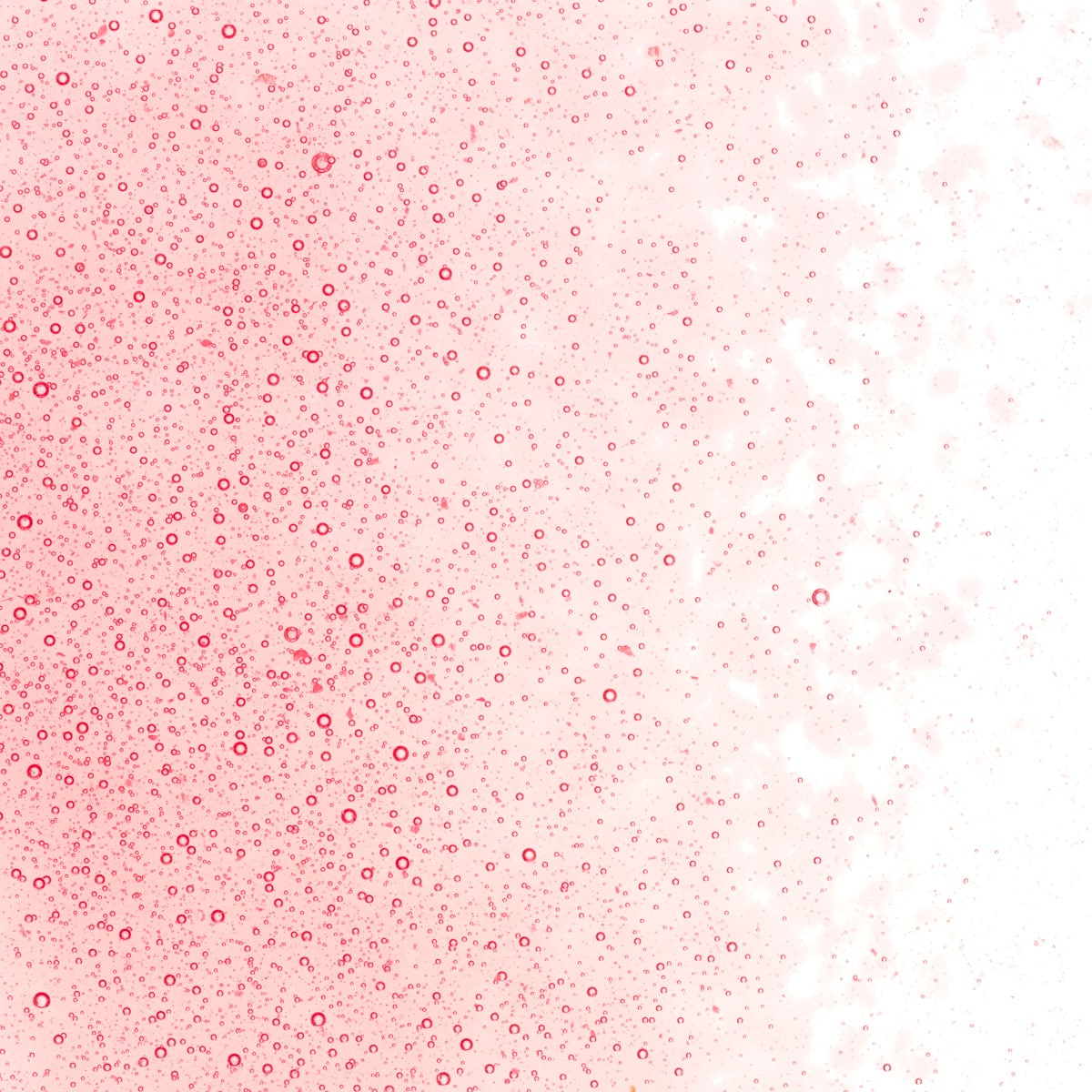
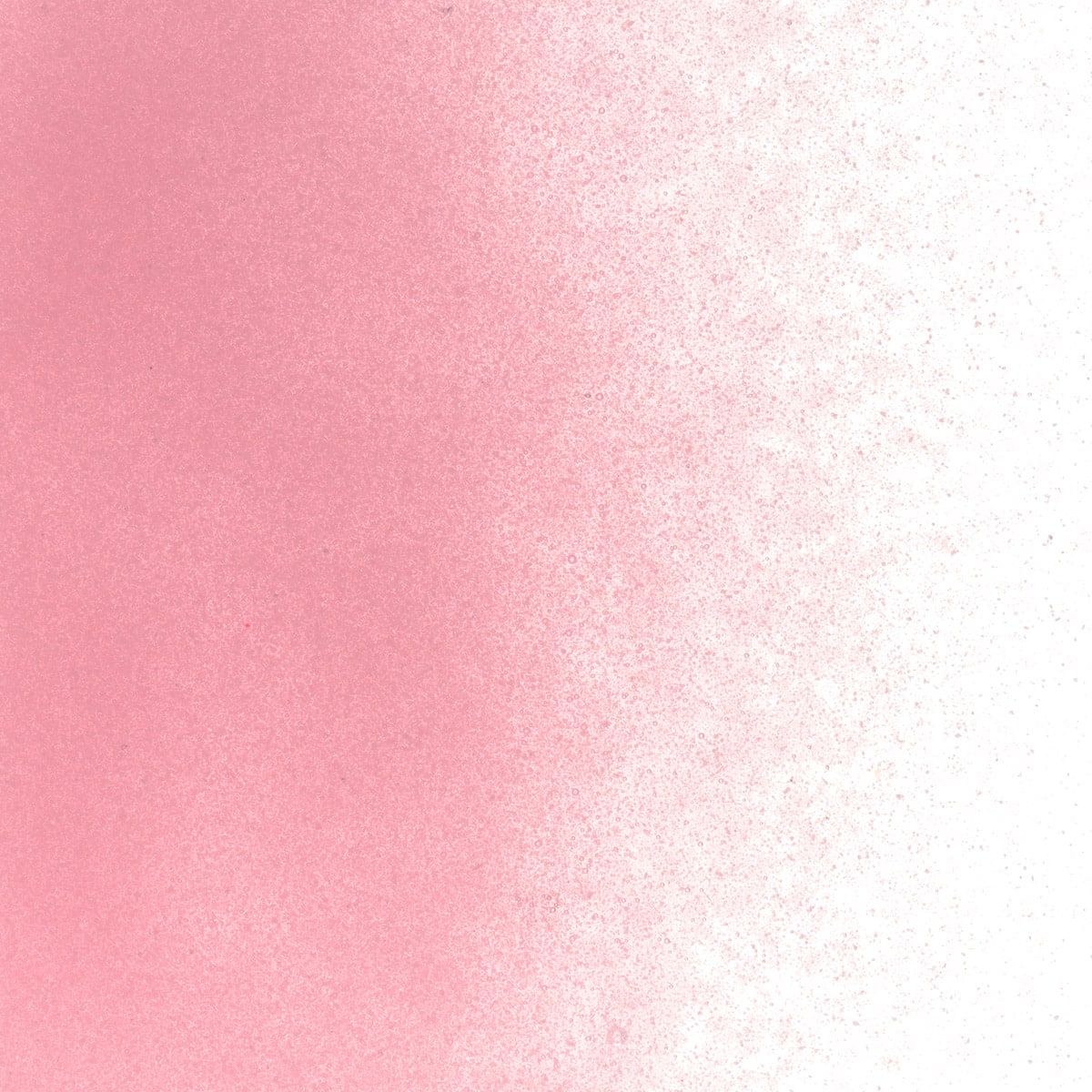
See sheet glass notes for this style.
About 001823 Billet
Working Notes
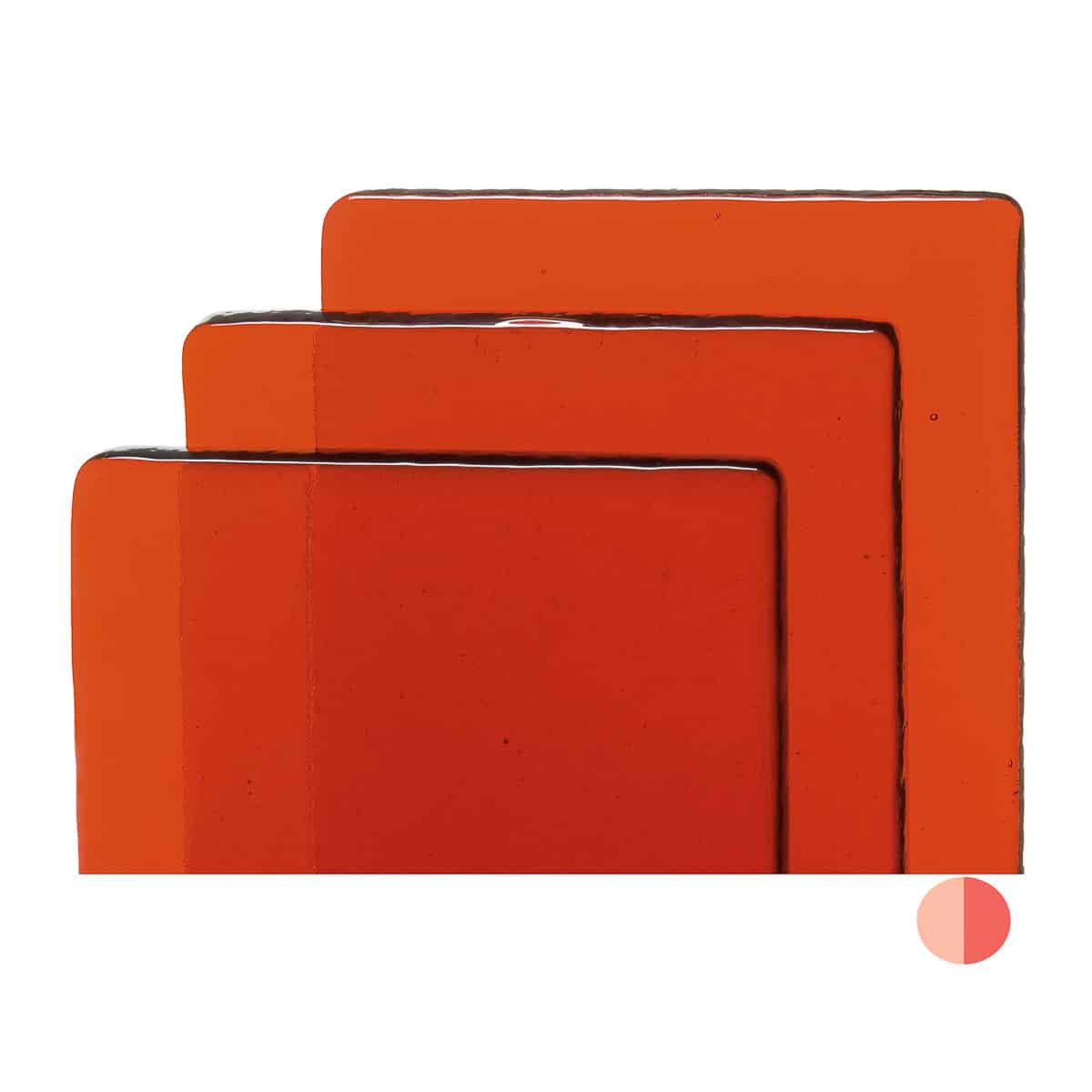
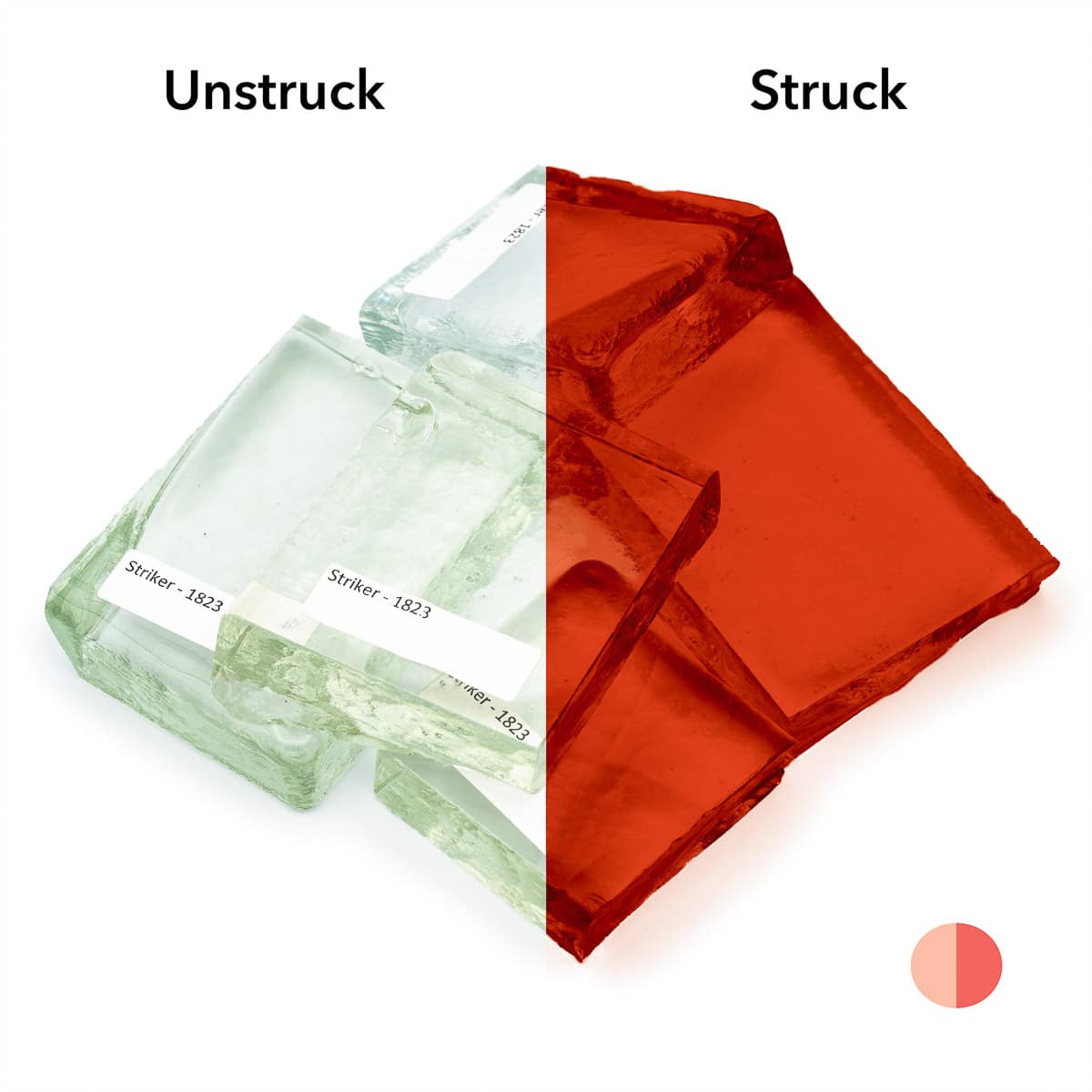
Color usually deepens on firing. Possible dark interface reaction with selenium and/or sulfur glasses (000137, 001122, 001125, 000124, 000125, 001137, 001437). Less viscous (softer) than most other glasses. Some gold-bearing striking glasses, like this one, should be fired with a 2 hour hold at 1225°F during the initial stages of the firing cycle. If fired without this hold, they may not strike at all, or they may strike but appear spotty and have a blue-brown cast, as opposed to the desired target color. This full-fuse schedule effectively strikes these glasses:
This full-fuse schedule effectively strikes these glasses:
| RATE | TEMPERATURE | HOLD TIME |
|---|---|---|
| * | 1225ºF | 2:00 |
| 600ºF | 1490 | 0:10 |
| 9999 | 900 | ** |
**Remainder of cycle depends on the thickness of the piece. Consult the Bullseye Annealing Chart. For color-sensitive projects, we recommend testing the cycle you plan to use by fusing a small sample of a similar setup in the same kiln as the project to best predict final color results.
